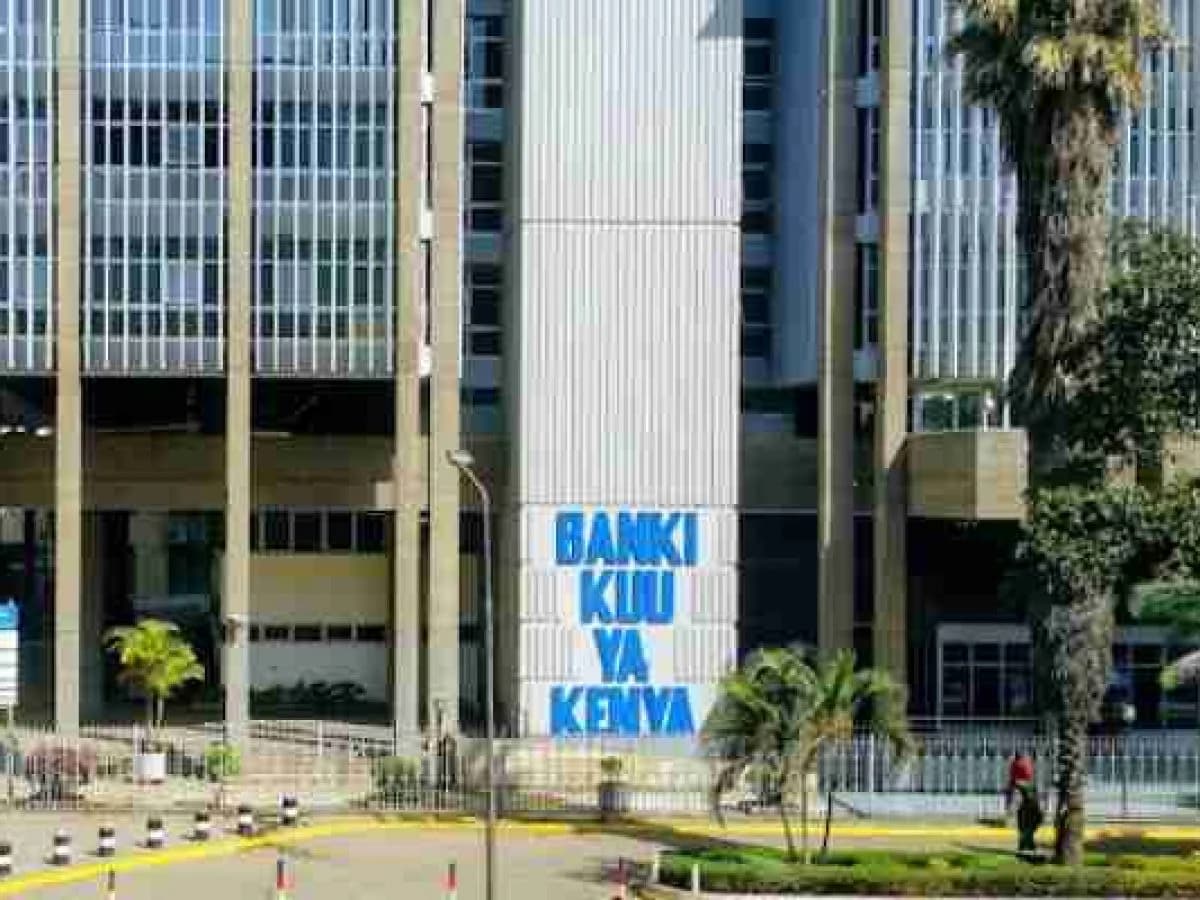We're loading the full news article for you. This includes the article content, images, author information, and related articles.
The Central Bank of Kenya has proposed tiered regulation for non-deposit-taking digital lenders, with smaller firms operating under registration and larger players requiring full licences, as part of measures to curb fraud and ensure consumer protection.

Nairobi, Kenya – The Central Bank of Kenya (CBK) has unveiled draft regulations to strengthen oversight over the growing digital lending space. The proposed framework introduces a two-tier regime based on initial capital, with stricter licensing for larger players and lighter registration for smaller outfits.
Firms with capital under KSh 20 million: Required to register under a lighter-touch regime, paying a KSh 100,000 application fee and an annual fee of KSh 250,000.
Firms with KSh 20 million or more in capital (including borrowings or loan book): Must obtain a full CBK license, with a KSh 100,000 application fee and KSh 500,000 annual license fee. The licensing category will come with extensive compliance mandates.
Licensed digital lenders will face increased oversight, including:
Strict anti–money laundering (AML) and counter–terrorism financing checks.
Transparency in loan terms: clear contracts specifying interest rates, penalties, repayment schedules, and dispute resolution mechanisms.
Proof of legitimate funding sources and timely disclosures of capital injections.
Customer identification using independent documentation and safeguards against impersonation in remote transactions.
Digital credit in Kenya is extensive: DFSAK estimates around eight million Kenyans borrowed KSh 180 billionin 2024 alone.
Alarming default rates: Non-performing digital loans reached nearly 40% of disbursements in 2024, far surpassing bank loan default averages.
Previous framework gaps: The CBK began regulating digital credit providers (DCPs) in 2022, licensing over 126 providers. However, gaps remain, prompting expansion to all non-deposit-taking credit providers (NDTCPs) via the 2025 draft.
|
Sector Size / Issue |
Details |
|---|---|
|
Borrowers & Disbursements (2024) |
~8 million Kenyans; KSh 180 billion total |
|
Default Rate |
~40% non-performing digital loans |
|
Tier 1 (Licensing) |
≥ KSh 20 million capital; KSh 100k application + KSh 500k annual fee |
|
Tier 2 (Registration) |
< KSh 20 million capital; KSh 100k application + KSh 250k annual fee |
|
Key Compliance Rules |
AML, consumer protection, transparency, identity verification |
Feedback is open from stakeholders and the public until September 5, 2025, after which CBK will likely finalize and gazette the rules. Digital lenders will then have six months to comply with the new regime.
Keep the conversation in one place—threads here stay linked to the story and in the forums.
Sign in to start a discussion
Start a conversation about this story and keep it linked here.
Other hot threads
E-sports and Gaming Community in Kenya
Active 9 months ago
The Role of Technology in Modern Agriculture (AgriTech)
Active 9 months ago
Popular Recreational Activities Across Counties
Active 9 months ago
Investing in Youth Sports Development Programs
Active 9 months ago